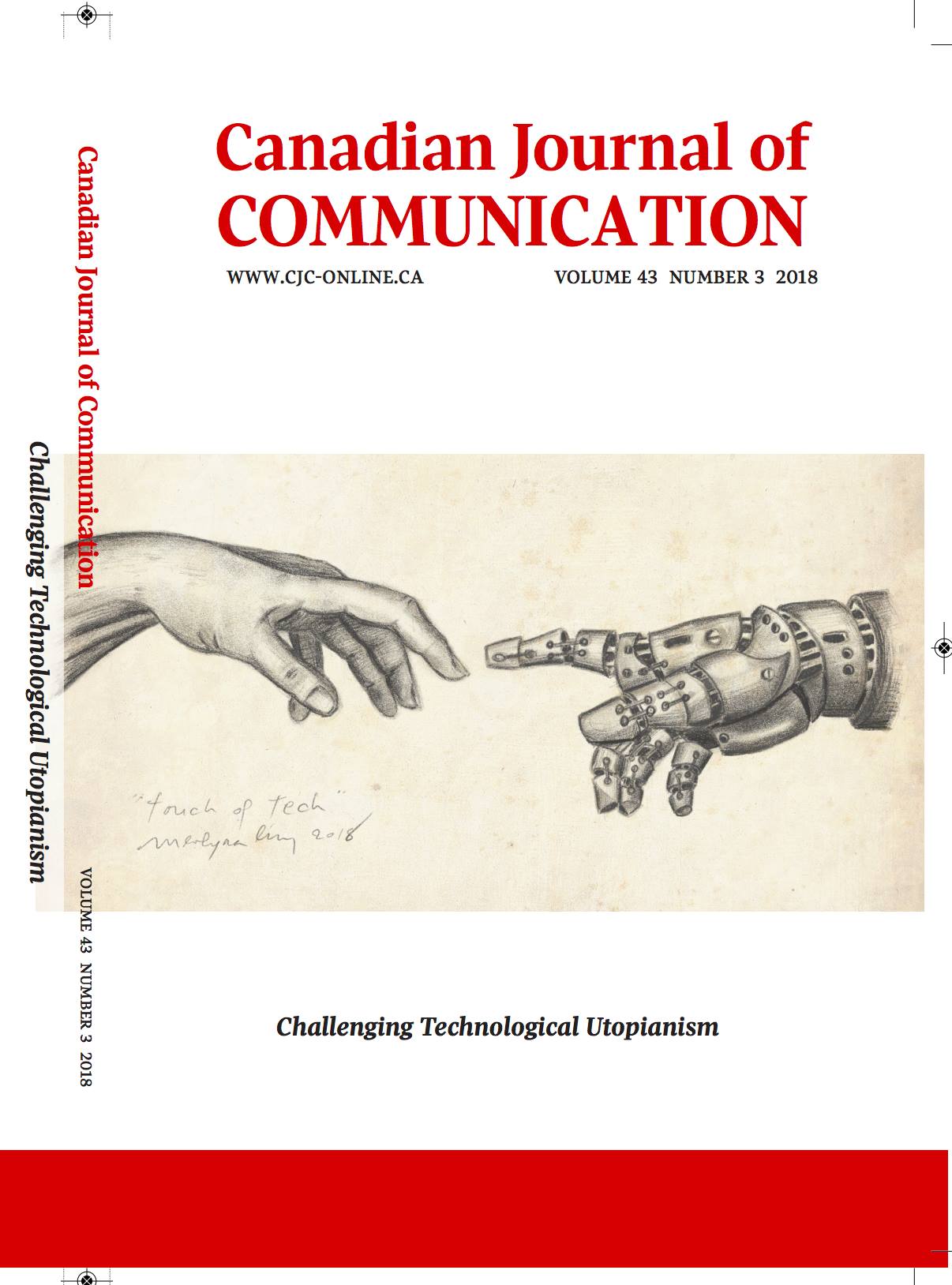Carleton University’s Faculty of Public Affairs runs a story of my research, as follows:

Mobilizing Emotion, Not Knowledge
As Canada prepares for a federal election, Canada Research Chair Professor Merlyna Lim is analyzing how social media users—human and otherwise—are mobilizing emotions rather than facts.
In the months leading up to the Canadian election, Facebook accounts with names like “Trudeau Has Got To Go”, “Overthrow Trudeau”, and Justin Trudeau is an Idiot” focus on ridiculing the Prime Minister.
On the opposite end of the political spectrum are accounts attacking Conservative Leader Andrew Scheer, with names such as “Andrew Scheer Is An Idiot”, “Scheer Nonsense”, and “Schmeer 2019”.
Political cartoons and jokes are an age-old tradition. But Communication and Media Studies Professor Merlyna says that in the age of social media, hateful speech and misinformation spreads incredibly quickly—intensifying the polarization within politics.
